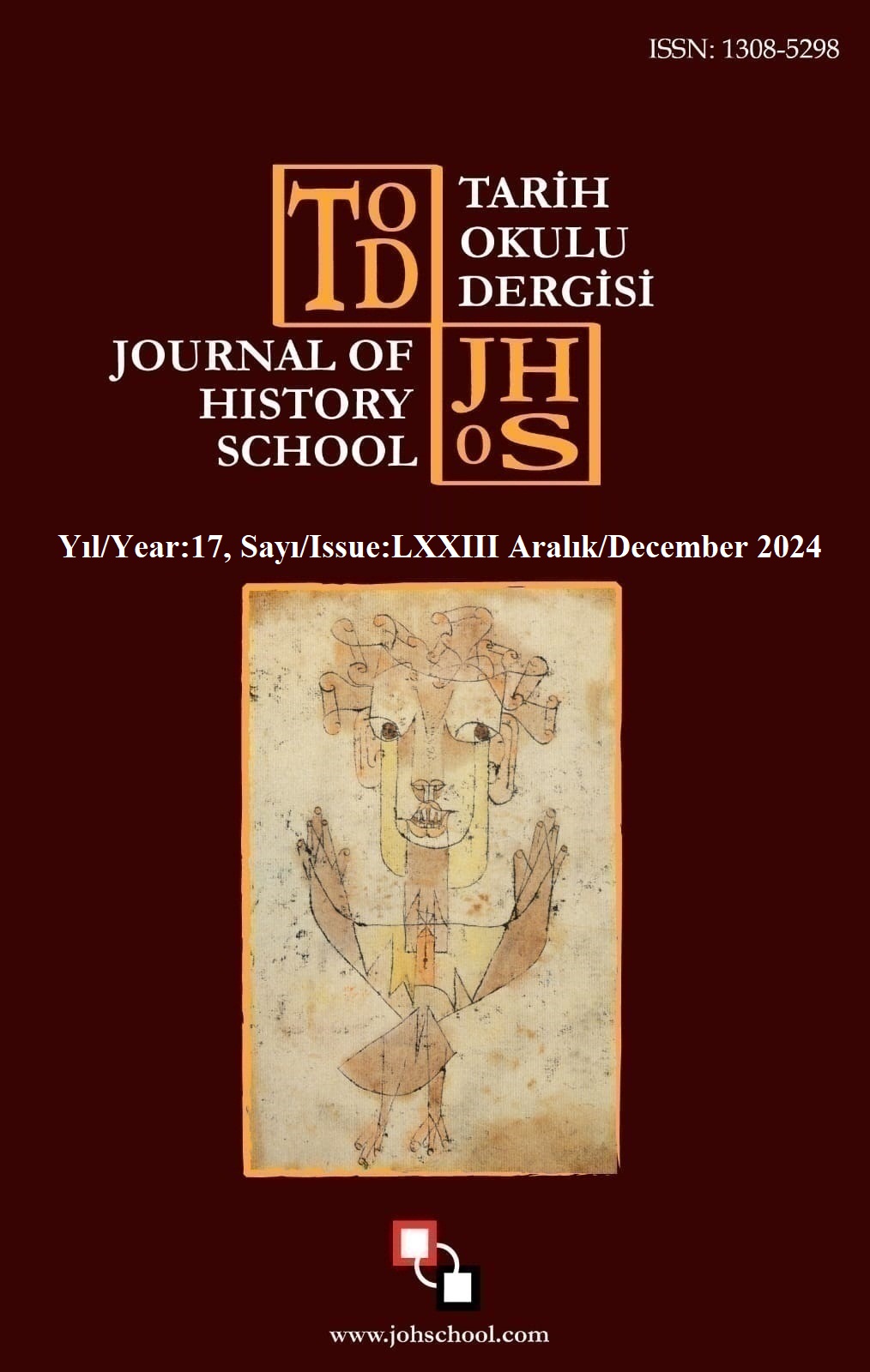HİCRÎ 6. ASIRDA ENDÜLÜS’TE HADİS KOLEKSİYONLARINA AİT NÜSHALARIN TAHAMMÜL VE EDÂ SÎGALARIYLA RİVAYET BİÇİMİ ÜZERİNE BİR İNCELEME: İBN BEŞKÜVÂL ÖRNEĞİ
Author :
Abstract
6./12. asırda Endülüs, hadis ilimleri, metinleri ve şerhlerine dair koleksiyonların kümelendiği bir coğrafya olarak varlığını hissettirmiştir. Bilhassa başkent Kurtuba, eserlerin farklı nüshalarını elde etme ve en yetkin muhaddislerinden icâzet alma gayesiyle yolculukların yapıldığı bir yer hüviyetinde olmuştur. Bölgenin yetiştirdiği, hadis eserlerinin nüshalarını çeşitli tahammül metotlarıyla elde ederek öğrencilerine aktaran ve sonraki dönem kaynaklarında eser râvisi olarak karşılaştığımız önemli muhaddislerden İbn Beşküvâl’in hadis metinleri, şerhi, usûlü ve ilimlerine dair koleksiyonları ve onları hocalarından edinim ve öğrencilerine aktarım biçimi bu çalışmanın konusunu teşkil etmektedir. Amacı ise telif edilen eserlerin nüshaları konusunda muhaddisler arasında yaygınlık kazanan mutemed ve meşhur olması kanaatinin siyasî iç karışıklıkların ve savaşların sıklıkla olduğu bir yer ve zamanda muhaddisler tarafından yeterli görülüp görülmediğinin bir eser râvisi özelinde somut verilerle yorumlanabilmesidir. Bu gayeyle İbn Beşküvâl’in elde ettiği ve naklettiği nüshalar; hadis metinleri ve şerhi, usulü ve ilimlerine dair koleksiyonu şeklinde tasnif edilmiş ve eser râvisi olarak hocaları ve öğrencileri arasındaki rivayet biçimleri üzerinde durulmuştur. Tespit edilen bilgiler, savaş ve iç karışıklıkların olduğu bir zaman diliminde Endülüs’te eserlerin intikalinde nüshanın mutemed ve meşhur olmasının yeterli görülemediğini göstermektedir. Çünkü muhaddisler hadis ilmine dair nüshaları, dikkatle ve özenle farklı tahammül ve edâ sigalarını kullanarak kayıt altına almışlardır.
Keywords
Abstract
In the 6/12th century, Andalusia made its presence felt as a geography where collections of ḥadīt̲h̲ texts, sciences and commentaries were clustered. In particular, the capital, Cordoba, was a place where journeys were made with the aim of obtaining different copies of the works and obtaining ijāza from the most competent ḥadīt̲h̲ scholars. Ibn Bashkuwāl is one of the important ḥadīt̲h̲ narrators who obtained copies of the ḥadīt̲h̲ works produced in the region through various al-taḥammul methods and passed them on to his students, and whom we encounter as the narrator of the works in later period sources. The way he acquired ḥadīt̲h̲ texts and collections of their procedures from his teachers and transferred them to his students constitute the subject of this study. Its purpose is to interpret with concrete data, specific to the narrator of the work, whether the opinion of being reliable and famous, which has become widespread among ḥadīt̲h̲ scholars regarding the copies of the copyrighted works, was deemed sufficient by ḥadīt̲h̲ scholars in a place and time where political internal turmoil and wars were frequent. For this purpose, the copies obtained and transmitted by Ibn Bashkuwāl was classified as a collection of ḥadīt̲h̲ texts and procedures, and the narration styles between his teachers and students as the narrator of the work were emphasized. The information obtained shows that the fact that the copy was reliable and famous was not considered sufficient for the transfer of works in Andalusia in a period of war and civil unrest. Because the ḥadīt̲h̲ scholars recorded the copies of the science of ḥadīt̲h̲ carefully and meticulously using different al-taḥammul and al-adā’ methods.





